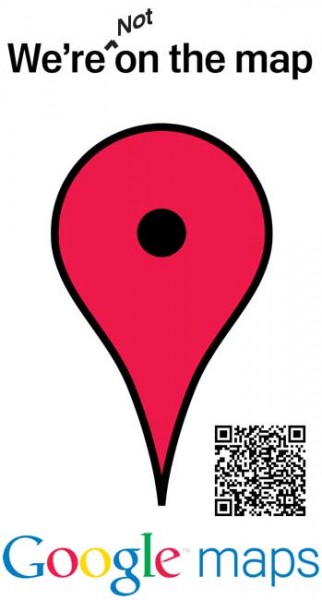Today we’re pleased to show off a pet project that’s been occupying us off and on for nearly two years. After some emotional separation issues, we are declaring finished a few typographic map posters—one of Boston, and color and black and white flavors of Chicago. Everything in these maps is made of type.



These look good hanging on a wall, so of course prints are available. Check out the page we’ve set up with some more detailed images and links to get copies for yourself.
I began this project with the Boston map, thinking it would be fun to expand the style of my small party announcement map to a full city. The idea caught on here at Axis Maps and soon Mark and Ben had parallel effort underway for a map of Chicago, a city to which several Axis Mappers have some affinity. Ben took the lead on that map, and some twenty months later we both added our respective finishing touches and reluctantly let go.
There was nothing automated about making these maps, unless you count copying and pasting. Everything was laid out manually, from tracing streets over an OpenStreetMap image, to nudging curved water text, to selectively erasing text to create a woven street pattern. The Boston and Chicago maps differ in style, but the end result is similar: from a distance it can appear as an accurate reference map, and as you get closer you notice the thousands of words it comprises.
This has been a fun, if long, process, and we hope other people can enjoy these maps as much as we have. There are only two cities for now, but look for more in the future! Our list right now is San Francisco, New York (Manhattan), and Washington, D.C.

